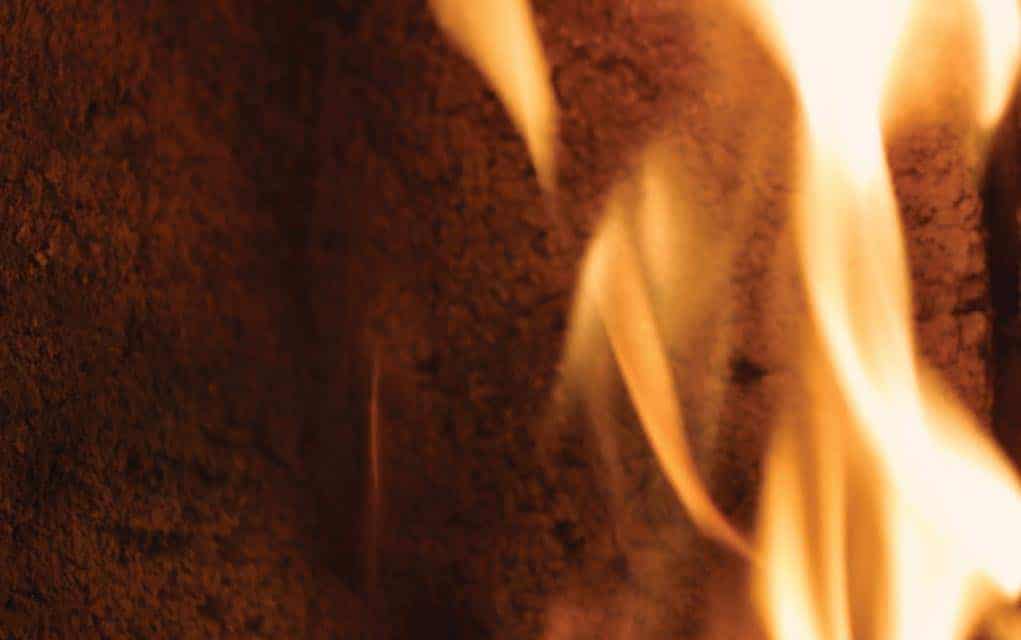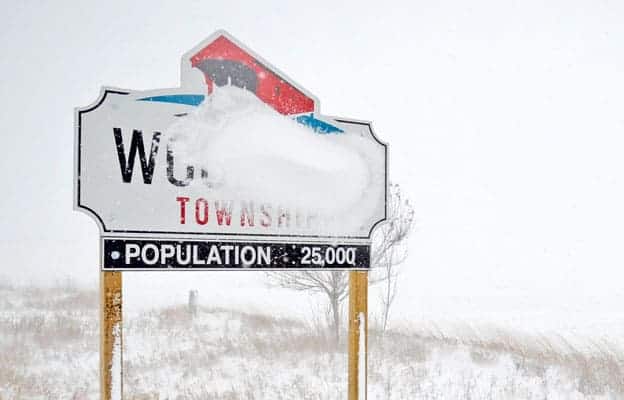;
;
;

Expecting another building boom over the next few years, Woolwich will also see a large increase in revenue due to assessment growth. In the midst of budget deliberations and talk of a growing infrastructure deficit, councillors have to focus on where that extra money will go. The township is expect
Last updated on May 04, 23
Posted on Jan 28, 16
2 min read
